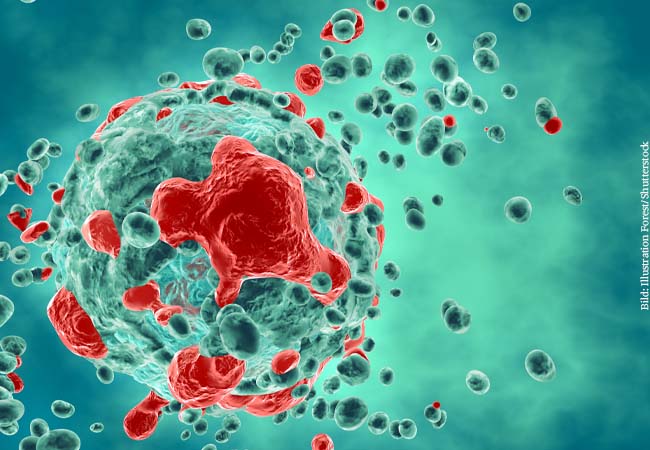
Goethe University researchers investigate oxidative stress in mice. Originally, oxygen radicals — reactive oxygen species, or ROS for short — were considered to be exclusively harmful in the body. They are produced, for example, by smoking or UV radiation. Because of their high reactivity, they can damage many important molecules in cells, including the hereditary molecule DNA. As a result, there is a risk of inflammatory reactions and the degeneration of affected cells into cancer cells.
Because of their damaging effect, however, ROS are also deliberately produced by the body, for example by immune or lung epithelial cells, which destroy invading ...
Read More






Recent Comments